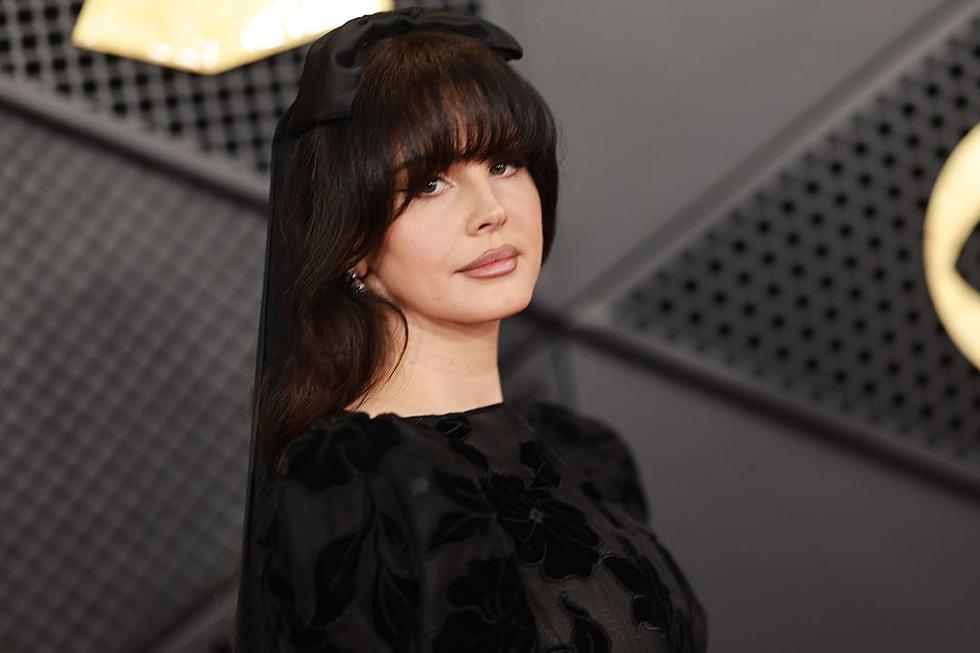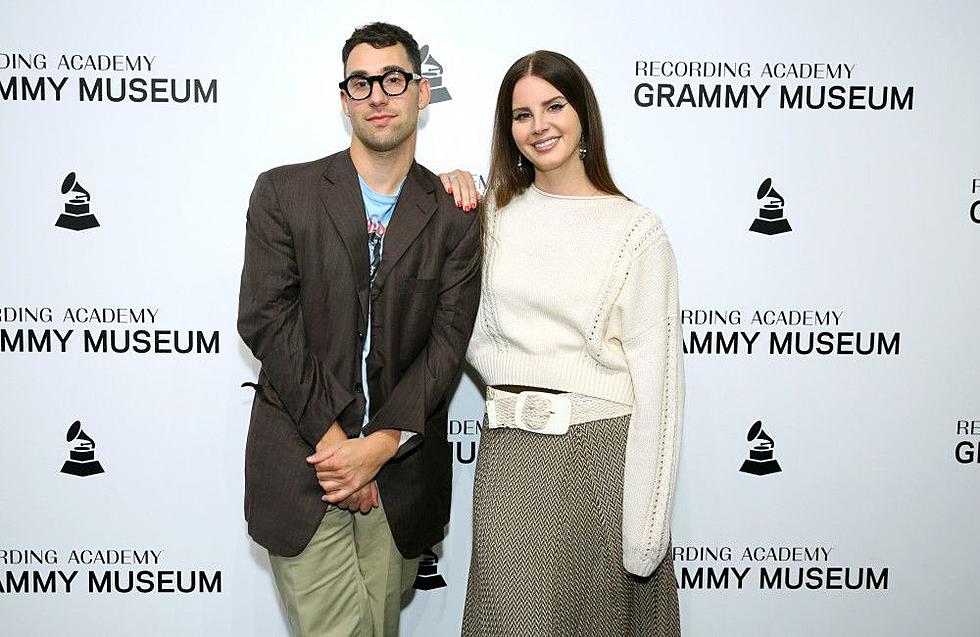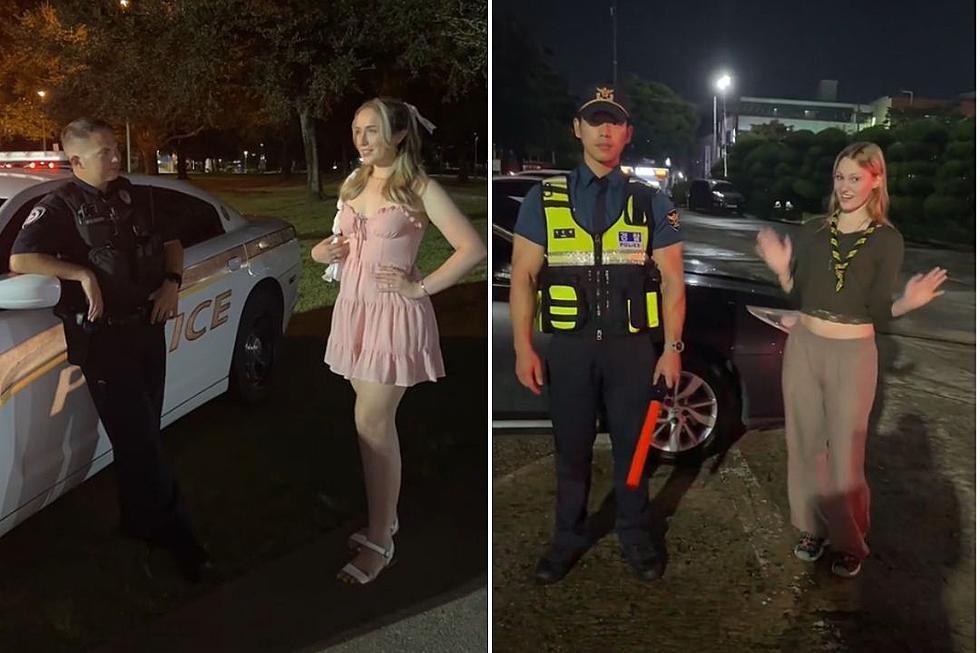
Lana Del Rey’s 10 Best Deep Cuts
It’s official: Lust for Life is on track to become Lana Del Rey’s second number one album on the Billboard charts, and for good reason: indie pop’s gloomiest chanteuse has not only learned to smile, but she’s standing on tall as a critic of the politically-charged times we’re living in and as a curator of expansive features. (Name another artist working today that can get Sean Ono Lennon and A$AP Rocky on the same album.)
Before she claimed her crown as a pop culture icon, Del Rey was facing flak for a lukewarm performance of lead single “Video Games” at SNL, and for a stiff and distant persona that left those who weren’t listening deeply feeling alienated. Through her perseverance, and through her slow public growth as a performer, we’ve gotten to know how warm she is, how romantic she is, how the whole “sensitive, badass sad girl” persona was actually just her.
It took the world a while to warm up to Del Rey’s particular brand of atmospheric, dreamy pop music. With influences from Frank Sinatra to trap music, you won’t find another musician with this much of a chameleon soul (where my “Ride” fans at?) — a trait that stretches well into the unreleased demos stans have been enjoying for years.
Come take a walk on the wild side with us as we delve into ten of Lana Del Rey’s best deep cuts.
“Ridin’ (feat. A$AP Rocky),” Unreleased Demo
Lana’s been collaborating with A$AP Rocky long before either his double feature on Lust for Life or his appearance as JFK in her video for “National Anthem.” According to recent interviews, the two have years of tracks just laying around, prime for production and preening. “Ridin’” was an early collaboration with Flacko that never saw the light of day, pushed forward by a delectable trap beat and the sensual Lolita-esque lyrics early Del Rey favored. “Momma’s pretty party favor / He says I’m his favorite flavor,” she breathes into the track before Rocky comes in for the party-starting chorus.
“Mermaid Motel,” Lana Del Ray A.K.A. Lizzy Grant
An exploration of bodily pleasure à la “Cherry,” this sensual cut off of the rarely-circulated Lana Del Ray EP back when Lizzy Grant was still Lizzy Grant (and a blonde) evokes the liminal space of a sketchy motel, a world that Lana thrives in if the “Ride” video is any evidence. She conjures nature and the sweet smell of a lover in what’s perhaps the sexiest chorus in all her discography: “You call me lavender / You call me sunshine / You say take it off / Take it off.”
“Radio,” Born to Die
Fame is another of Lana Del Rey’s obsessions, and this cut from her first major-label release is as much a testament to her love of music as it is a small peek into her joyful side. On Born to Die, this sweet ode to a life that’s “sweet like cinnamon” was a welcome respite from the depressing, heart-wrenching echo chamber that made up her calling card to the world.
“Carmen,” Born to Die
Del Rey flirts with the badass Lolita trope most overtly on “Carmen,” which became an anthem for every single early fan with a Tumblr account back in 2012. With its theme of vagabond youth––look to iconic verse “Only seventeen / But she walks the streets so mean” ––and broken sad girl swagger, we can still see all the fanmade videos of Effy Stonem from Skins smoking her life away as this blares softly in the background.
“Bel Air,” Paradise
The finale of Del Rey’s modern re-telling of Adam and Eve, Tropico, is Lana at her most sweltering. “Bel Air” is sunset from the Chateau Marmont when all the cigarettes run out and her lover goes back to the other woman, with Del Rey alone dreaming of heaven and invoking “an idol of roses.”
“Old Money,” Ultraviolence
Her most emotional song, this simple piano-driven anthem to nostalgia samples the love theme from Franco Zeffirelli’s Romeo and Juliet, which further adds to the sepia-toned sadness that makes this song such an important part of Del Rey’s canon. A notably slow moment in the guitar-driven Ultraviolence, this sad respite sees our chanteuse contemplating whether she’ll still be loved when she shines "from words but not from beauty.” If at all possible, the already heartbreakingly honest Del Rey reaches an emotional high.
“Wait For Life,” from Emile Haynie’s We Fall
The man behind Born to Die’s now emblematic sound enlisted Del Rey and a slew of other indie stars for an emotional, unfortunately overlooked gem of a solo album. “Wait For Life” sees Del Rey once again in the role of lounge singer waiting to fall in love. “Why you make me work so hard / To put on that evening show? / When you know that all I want / Is to make your money grow?” become a crooning, pouty-lipped ode to the show woman scorned, in love with love as much as the lime light.
“Terrence Loves You,” Honeymoon
If Del Rey was the queen of brooding longing before, she earned that crown because of “Terrence Loves You.” She’s at her most spacey here, completely lost after losing the love of her life and clinging to music: “I lost myself / When I lost you / But I’ve still got jazz / When I’ve got those blues.” The interpolation of David Bowie’s “Space Oddity” is the depression cherry on this bittersweet cake.
“White Mustang,” Lust for Life
This too-short track from Del Rey’s latest effort serves as a kind of interlude from “Cherry” to A$AP Rocky and Playboi Carti-featuring "Summer Bummer,” but is destined for the same loving fate of anyone who loved the “Stargirl Interlude” from The Weeknd’s Starboy. Classic Del Rey from start to finish: fast cars, longing, palm trees and lost love: “Packing up my things for the summer / Lying on my bed, it’s a bummer ‘cuz I / Didn’t call when I got your number / But I liked you a lot.” More of the same perhaps, but you can’t say she hasn’t gotten the evocative, slow-burning nostalgia anthems down to a science.
“Get Free,” Lust for Life
Much-lauded but unlikely to be released as a single, the Neil Young-referencing closer to Lust for Life sees Del Rey finally breaking free from the sadness that’s kept hold of her since the Born to Die era. “This is my commitment / My modern manifesto / I’m doing it for all of us / Who never got the chance.” After languishing in death, the queen of modern melancholia chooses to “live her own life” instead of play somebody else’s game — an appropriate closer to a record that’s as much an anthem to life as it is her stunning growth as a performer.
Lana Del Rey's Lust for Collaborations:
More From PopCrush









